6. Dunkirk (2017)
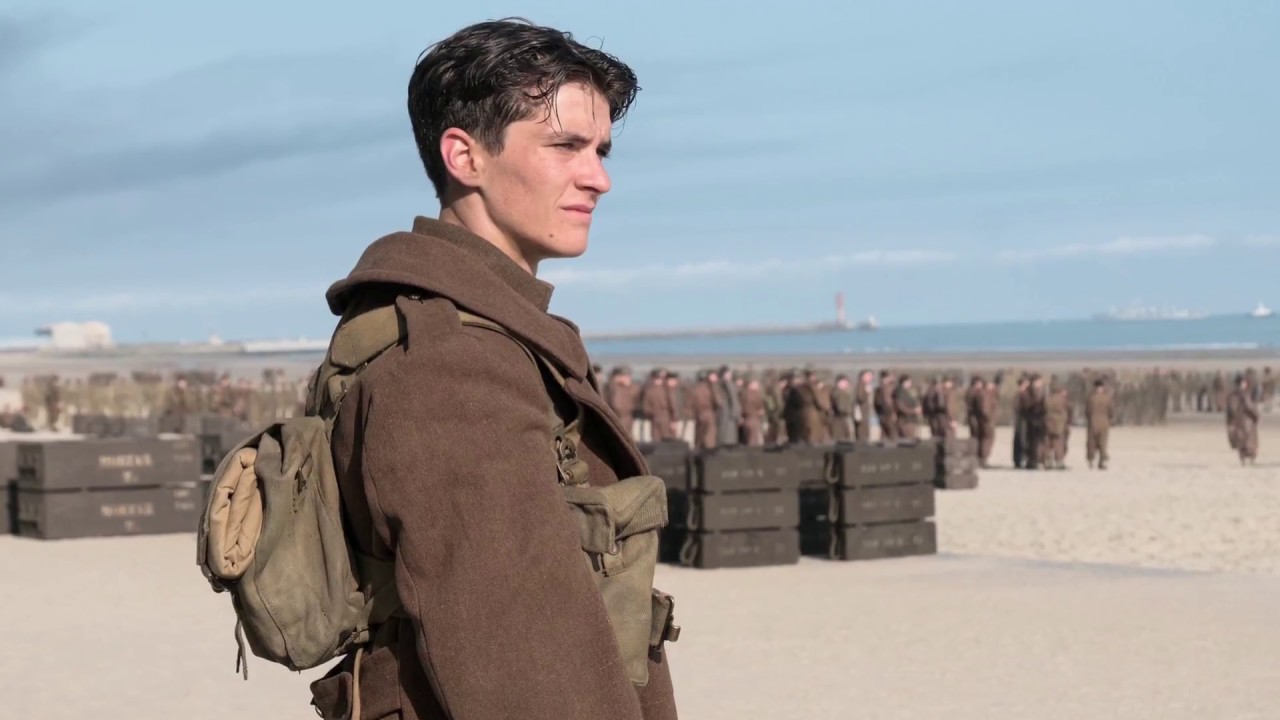
Your appreciation for this operatic account of the heroic British evacuation of over 300,000 Allied soldiers during the Second World War from the beaches of Dunkirk in the north of France will likely correlate with your enjoyment of similarly-targeted prestige war dramas like “1917” and “All Quiet on the Western Front” that have muscled into the Oscar race in recent editions on account of their technical prowess.
Having been dismissed in some quarters as merely a commercial moviemaker who lacked the finesse and poise to excel at “serious” filmmaking—whatever the hell that means—Nolan decided to switch gears and challenge himself with exactly the sort of stab at prestige fare that is catnip for the Academy’s voting branch. His gamble more than paid off, with one of the best critical receptions in Nolan’s career and a treasure trove of nominations including his first ever directing nod to boot.
5. The Prestige (2006)
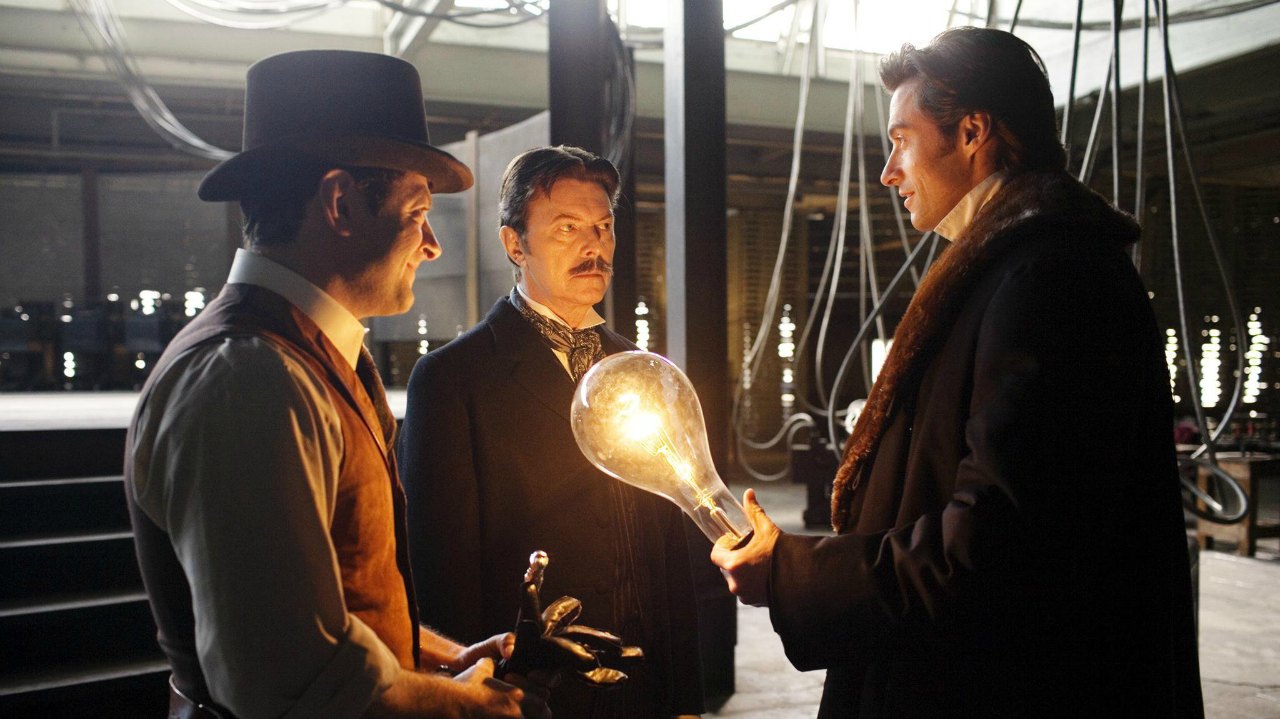
Most fans would agree that Nolan has made more ambitious films than “The Prestige”, at least ones that are more consistent and fully-formed. But there’s a strong case to be made for this 2006 period piece as potentially the most flat-out, top-to-bottom entertaining in his glittering catalog.
Nolan’s deceptive 19th century thriller reels you in with its tale about two dueling magicians (Christian Bale and Hugh Jackman) who pull off every dirty trick up their sleeve to one-up each other before slowly opening into a clear-eyed examination of hubris, showmanship and by extension cinema itself. In interrogating how far each one of these feuding geniuses is willing to go in order to come up with the ultimate magic trick, the film itself becomes something of an illusion cleverly conceived to hook viewers and keep them scouring for clues at every turn. Whether or not you find the climactic rug-pull moment a stroke of genius or a slap in the face is entirely up to each viewer to decide.
4. Oppenheimer (2023)
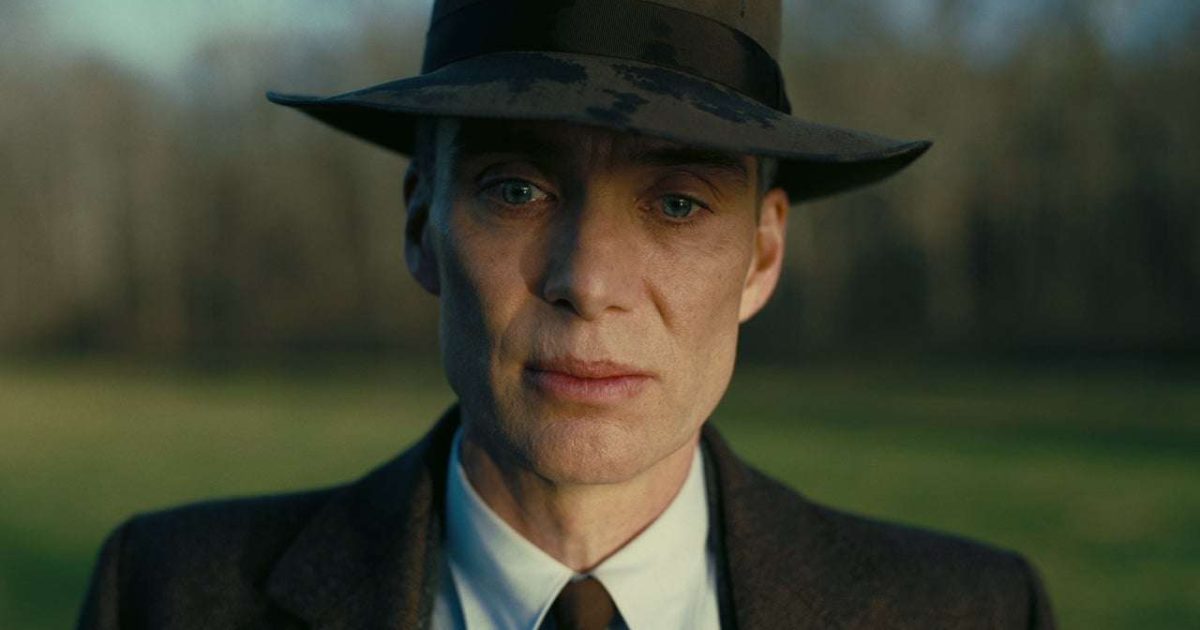
Nolan’s latest, adapted from the Pulitzer Prize-winning bestseller “American Prometheus”, surveys the eventful life of J. Robert Oppenheimer, the infamous American theoretical physicist who had a pivotal role in developing the A-bomb that devastated Hiroshima and Nagasaki. Headlined by a career-best Cillian Murphy in the title role, the film splits its focus between Oppenheimer’s major scientific breakthroughs near the end of World War II and the McCarthy-era witch hunt that damaged his reputation and resulted with his ultimate expulsion from America’s national-security community.
The complicated legacy of a half-man, half-myth who harnessed the power of the atom to become death and the destroyer of worlds is appropriately conveyed in the film, which refuses to either fully condemn nor absolve its infamous subject, instead embracing the many layers and contradictions of a genius prophet-turned-martyred pariah who single-handedly changed the tides of history. A 180-minute courtroom drama about men talking science in small rooms is hardly summer blockbuster fodder, but the whole thing whips by at such clip by the time it waltzes into its third act you’re almost out of breath. The film’s centerpiece—a startling ten-minute recreation of the Trinity Test—is the sort of thing we go to the movies for.
3. Inception (2010)
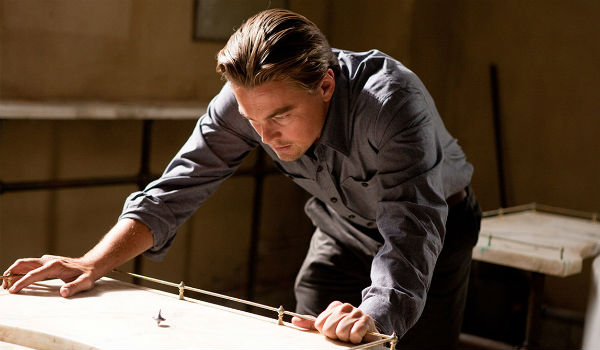
Some filmmakers set the bar so incredibly high that they have trouble reaching it again themselves. For any given director, a four-time Oscar-winning summer blockbuster that grossed over $800 million, instantly seeped into the mainstream, and became the sort of movie you just can’t simply not watch until the very end whenever you run into it skipping channels, would be a shoo-in for the number one spot.
A case for “Inception” as Nolan’s best can certainly be made, but even if it barely managed to crack the podium, its vision, grandeur, and lasting impact in pop-culture can’t be overstated. Assembling an all-star ensemble cast led by Leonardo DiCaprio, Nolan fashioned a high-concept heist film that unfolds within the dark recesses of the human subconscious, zeroing in on a group of thieves hired to plant a fake memory into the mind of a wealthy businessman. No matter how many times you’ve seen it, moments like the zero-gravity hallway fight never cease to amaze. Sure, the logistics and dialogue don’t always work, but by the time the screen fades to black, you have a hard time shaking the whole experience out of your system.
2. The Dark Knight (2008)
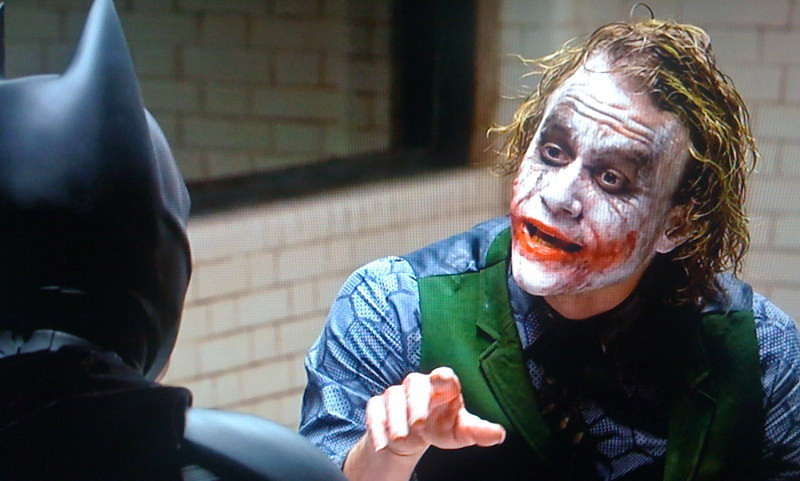
How do you save the world when there are those who would simply watch it burn? Gotham’s honorable costumed crusader is forced to contend with such conundrums and more as he tries to figure out how to maintain order and peace without betraying his own ideals in the second and inarguably best installment in Nolan’s Batman trilogy.
A shoo-in for the title of greatest comic book movie of all time, “The Dark Knight” has become so mythically embedded in our collective imagination that it now runs the risk of being simplified as a collection of great performances and quotable one-liners. Make no mistake: Heath Ledger’s high-wire turn as an indomitable harbinger of chaos who turns Gotham’s upside down with his Machiavellian schemes certainly deserved to be enshrined forever in cinema lore. Rewatch the whole thing, though, and you’ll be surprised at how effortlessly everything else falls into place. Don’t let all the college dorm posters and obnoxious IMDb message boards turn you off, this movie rules.
1. Memento (2000)

Of all the superlatives one can lay at the feet of Christopher Nolan, one that almost everyone could agree on is that he never flinched away from ambition, even before his budgets started to figure into the triple digits. Prior to dipping his toes into franchise-filmmaking, Nolan earned his stripes with this lean L.A.-set noir, in which helpless amnesiac Leonard Shelby (Guy Pearce) must avenge his wife’s death while dealing with a crippling memory impairment that prevents him from retaining short-term information.
The interplay between memory and grief is observed at a deep, granular level as we watch the events unfold in reverse chronological order—a narrative maneuvering that in lesser hands could have resulted in little more than a cheap gimmick but that provides an evergreen rewatchability value here. Contrary to what its reputation as a mindfuck brainteaser may suggest, the film withstands close scrutiny well beyond that magical first viewing.